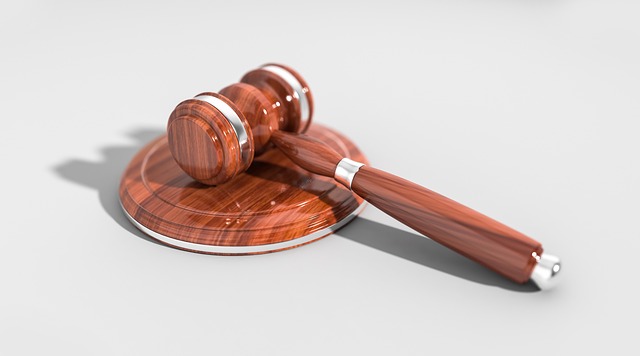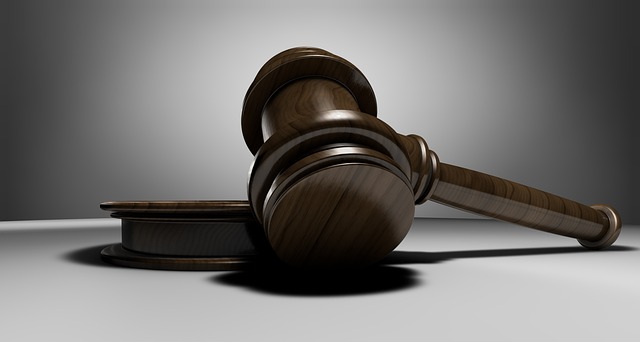Understanding and navigating the work injury compensation process is crucial for employees injured on the job. This involves immediate reporting, medical treatment, and filing a claim against employers who may also have rights and responsibilities. For successful compensation hearings, gather evidence such as medical records and witness statements, prepare detailed accounts of events and impacts, and organize documentation clearly. Practicing testimony and using keywords like "work injury compensation" can enhance your case's credibility and increase the likelihood of receiving fair compensation.
Preparing for a work injury compensation hearing is crucial. This guide helps you navigate the process, ensuring a strong case. First, understand the work injury compensation process, from reporting the injury to initial assessments. Next, gather evidence—medical records, witness statements, and relevant documents—to support your claim. Then, prepare by outlining key facts, practicing your narrative, and anticipatorily addressing potential questions. During the hearing, remain composed, present your case clearly, and listen attentively to opposing arguments. With thorough preparation, you can confidently advocate for your rights to work injury compensation.
- Understanding the Work Injury Compensation Process
- Gathering Evidence and Preparing Your Case
- Strategies for Success During the Hearing
Understanding the Work Injury Compensation Process

Understanding the work injury compensation process is crucial for anyone who has suffered an on-the-job accident or illness. It involves several steps, from reporting the incident to seeking medical treatment and filing a claim. The first step after an injury, such as a slip and fall or medical negligence resulting in slip and fall injuries, is to notify your employer immediately. This triggers a series of events designed to ensure proper care for the injured worker while also gathering evidence to support a compensation claim.
Once reported, the employer should provide a safe work environment, facilitate access to quality medical care, and initiate the claims process. The employee’s role is to cooperate with this process by attending appointments, obtaining all necessary treatments, and providing accurate documentation. It’s important to remember that both parties have rights and responsibilities; understanding these will help navigate the often complex work injury compensation journey, ensuring a fair outcome for all involved, regardless of whether the case involves slip and fall or other workplace injuries.
Gathering Evidence and Preparing Your Case

Gathering evidence and preparing your case is a crucial step in navigating a work injury compensation hearing. Collect all relevant medical records, including diagnoses, treatment plans, and progress notes from your healthcare providers. These documents can establish the extent of your injuries and their impact on your ability to perform job duties. Additionally, gather any witness statements from colleagues or supervisors who witnessed the incident or can attest to the hazardous working conditions that led to your injury.
Prepare a detailed account of the events leading up to your work-related injury. This should include a timeline of events, descriptions of symptoms experienced immediately after the incident, and any ongoing challenges you face as a result. Be sure to address how the injury has affected your ability to carry out daily tasks, both professionally and personally. Consider potential breaches of contract or instances of caregiver negligence or elder abuse if applicable. Having solid evidence and a well-crafted narrative can significantly strengthen your case during the compensation hearing.
Strategies for Success During the Hearing

During a work injury compensation hearing, preparation is key to ensuring success. One effective strategy is to gather and organize all relevant documentation pertaining to your injury, including medical reports, treatment records, and any evidence that supports your claim for compensation. It’s crucial to present these documents clearly and concisely to the arbitrator.
Additionally, practicing your testimony beforehand can help you appear confident and credible. Focus on communicating your experiences honestly and accurately, detailing the circumstances leading up to your injury, the extent of your injuries, and any challenges you’ve faced since. Remember, presenting a compelling narrative can significantly strengthen your case for work injury compensation.
Preparing for a work injury compensation hearing requires a thorough understanding of the process, strong evidence, and strategic case presentation. By familiarizing yourself with each step, collecting relevant documentation, and employing effective communication techniques during the hearing, you can advocate for the compensation you deserve. Remember, understanding your rights and being well-prepared are key to achieving a favorable outcome in your work injury compensation claim.






